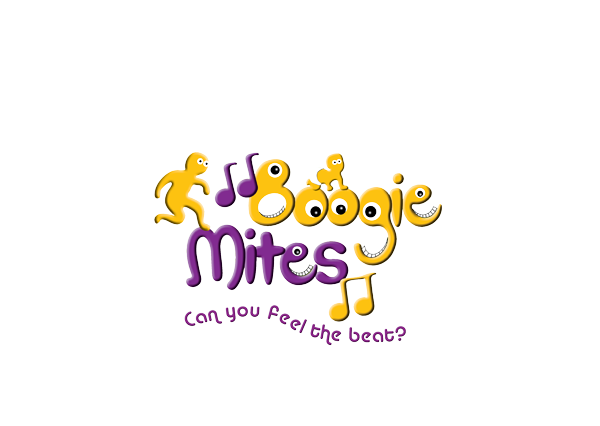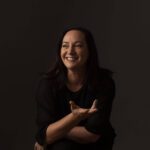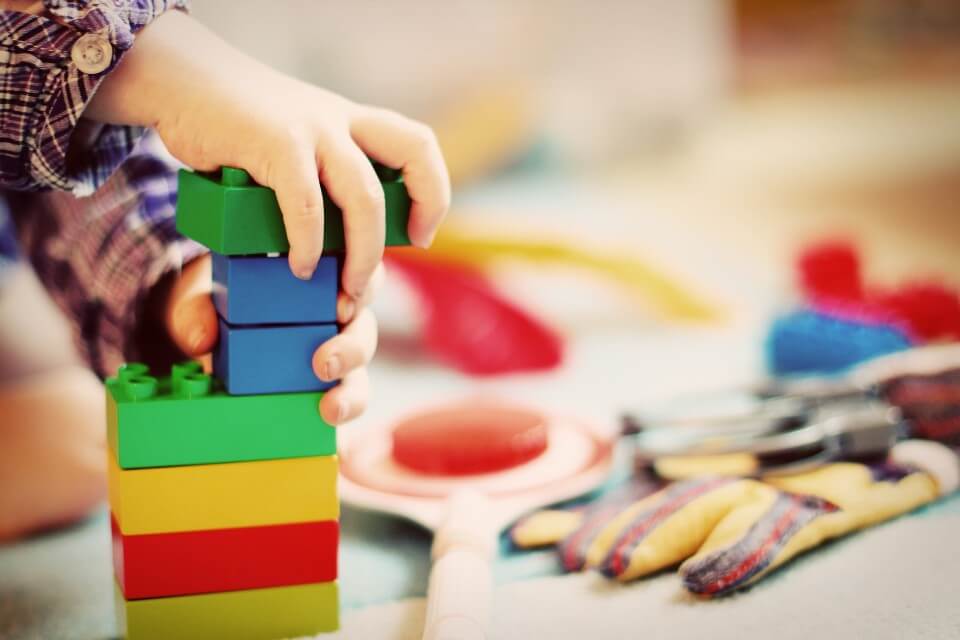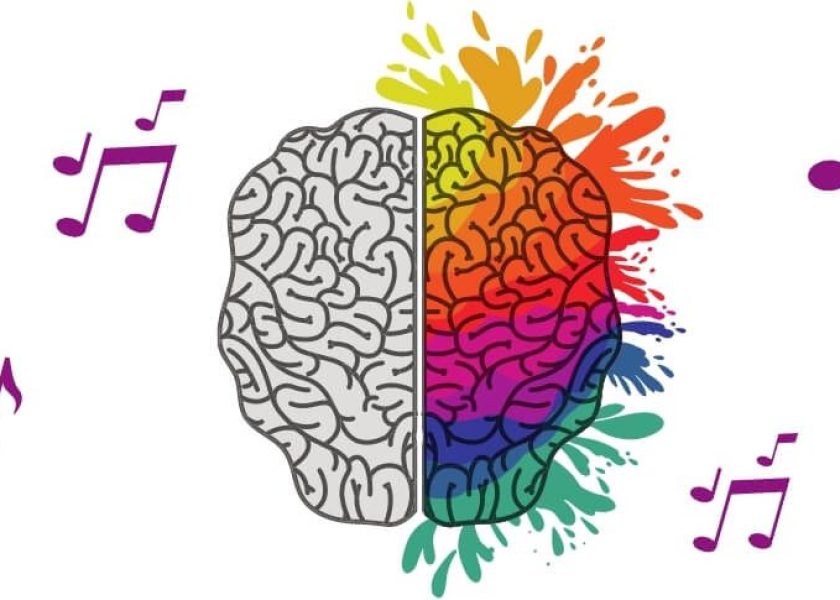According to neuroscience studies, exposure to and involvement in regular music making from birth – may be the best thing you can do to boost your child’s brain development, physical and mental health and happiness throughout life:
This article by Tom Barnes puts the case and refers to studies that provide scientific evidence that music lessons, learning to read music and play an instrument, as a child gives you an advantage in a vast diversity of neurological areas that benefit you throughout life:
- Improved verbal and reading skills
- Improved mathematical ability and temporal spatial reasoning
- Improved grades
- Raised IQ
- Ability to learn languages more quickly
- Improved listening and concentration
- Slowed the effects of aging
- Strengthened your motor cortex
- Improved your working memory
- Improved you long term memory for visual stimuli
- Improved anxiety management
- Enhanced self-confidence and self-esteem
- Enhanced creativity
These amazing advantages should not be only available to the privileged few, but should be available to all. We can start in early years by ensuring that all children get the opportunity for rich and varied music making opportunities that will build strong foundations for later learning to play a musical instrument.
These are the same foundations that also support strong literacy and maths learning skills so we will be investing in an activity that will have a huge impact on success at school whether the child goes on to learn to play an instrument or not.
Neuroscience tells us that the brain’s plasticity is at its greatest in early years – the earlier music practise is started the better. Music practise in early years needs to lay the foundations for learning to read and play music when starting lessons to play an instrument at age 6+. Many children drop out of music lessons because they find the music theory too difficult and do not feel they are making progress in a rewarding way. If we better prepare the brain during early years we can make it easier and more rewarding for children to learn to read music and learn to play an instrument at age 6+ and hence to benefit in all the ways listed above.
In early years the aim for music making practise should be to maximise the development of rhythmic and melodic awareness skills. This can be achieved with regular music practice that involves exposure to and participation with many different styles of music – both acapella and recorded music. Playing with tempo, dynamics and timbre, with sequencing of body percussion, junk percussion, actions and sounds. Developing the brains recognition, memory recall and response to patterns of sounds and actions within the music. This can be done using simple junk percussion instruments – shakers, rhythm sticks and drums. It does not require expensive instruments or trained musicians to lead it. It is truly amazing how much progression can be made in these skills if practised regularly from age 0-5. In Boogie Mites sessions we can progress our under 2’s from the whole group clapping a steady beat to our 4-5 year olds working in several small groups where each group is keeping a different rhythm which sequences of several actions/sounds while another group sings the melody – mini Stomp style! These children have strong foundations for learning to play musical instrument at primary school (as well as strong foundations for literacy and maths learning).
So, working back from the Tom Barnes article, the message for both early years settings and parents has to be that evidence suggests that investment in a regular and varied music provision may well be the best value for money spent on your children at this foundation stage in terms of impact on short term and long term academic achievement, social skills, physical and mental health outcomes.
Next comes the campaign to fight for every Primary school child to have the opportunity to learn to play a musical instrument!
To browse all of our parent products, visit the Parent section of our website shop.
For enquiries, contact Sue Newman, Boogie Mites Director on 023 92 817274 or email her [email protected]






